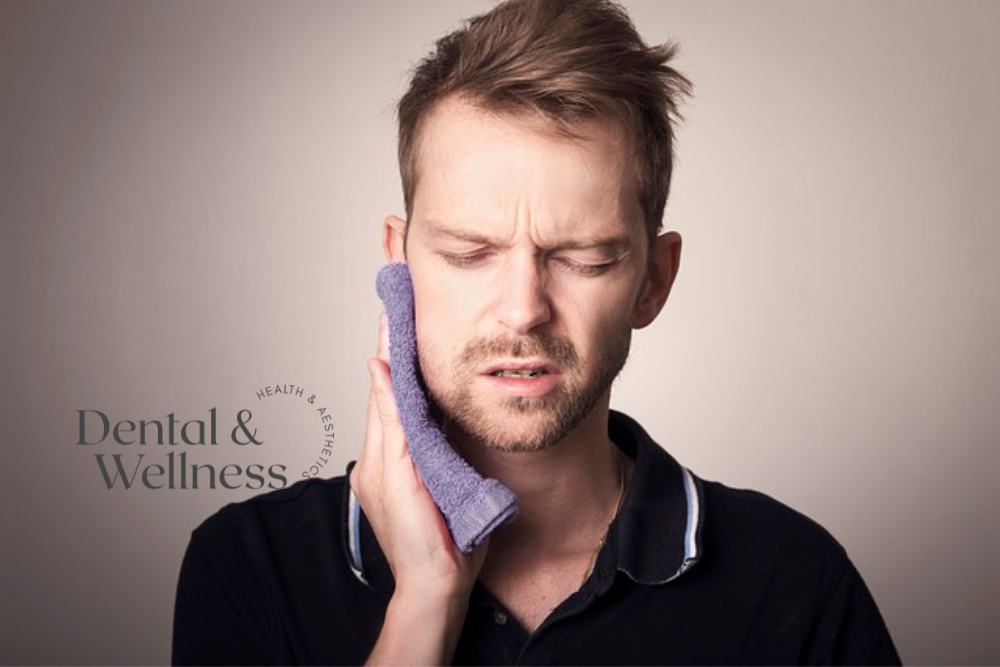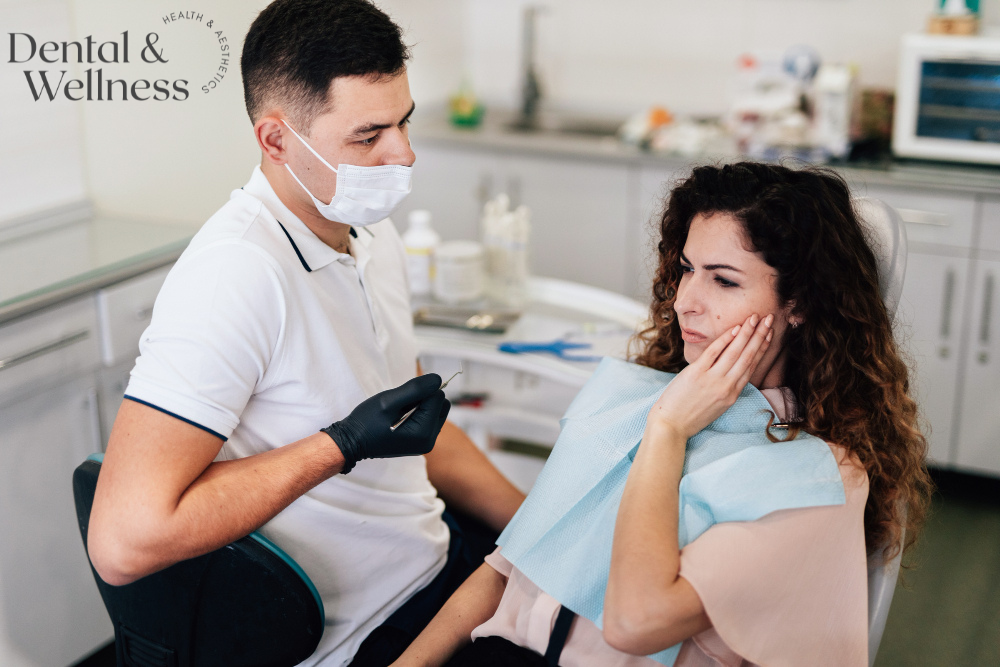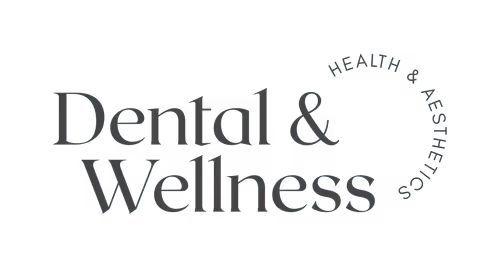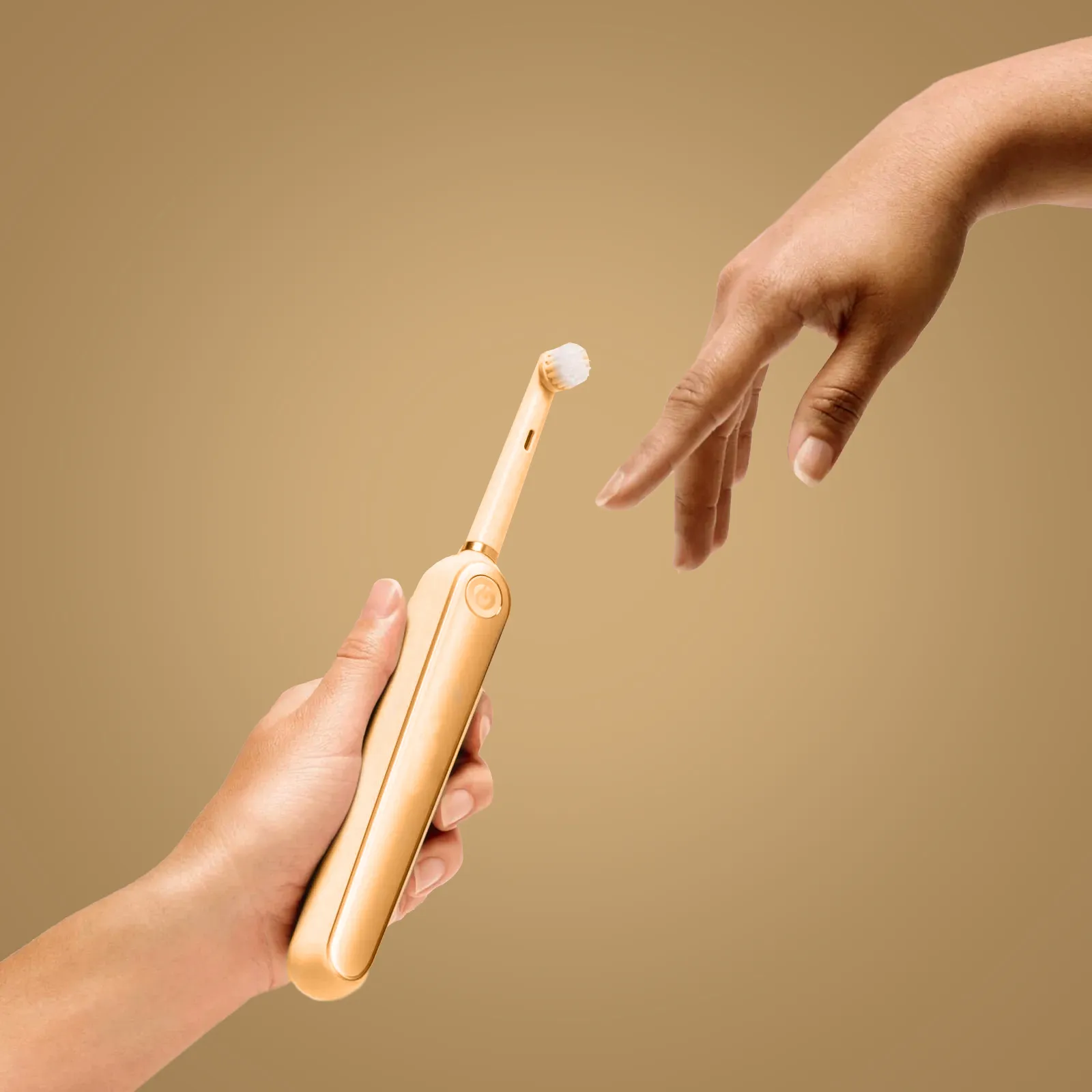TL;DR
- Anyone can experience dental issues at any point. However, problems that need immediate attention are called dental emergencies.
- Emergency dental care is a must to:
- Avoid extreme pain
- Prevent further damage
- Save your natural tooth
- Avoid costly dental treatments
- There are seven warning signs to seek emergency dental care:
- Severe, uncontrolled tooth pain
- Swelling in the gums or face
- Loose or knocked-out tooth
- Broken, cracked or chipped tooth
- Uncontrolled bleeding
- Unusual growths or lumps in the mouth
- Jaw pain or inability to open your mouth
- Although you cannot prevent dental emergencies, certain tips can help you lower your risk.
7 Clear Signs You Should See an Emergency Dentist Without Delay
Dental problems can occur at any time, and sometimes they strike when we least expect them. While many dental issues can be addressed at your next appointment, there are certain cases where waiting is not advisable. This is where emergency dental care becomes important. Knowing when to seek help immediately can protect your teeth, reduce pain, and prevent long-term problems.
In this article, we will explain seven clear signs that show you should see an emergency dentist without delay. By learning about these situations, you can make the right choice for your dental health.
Why Does Emergency Dental Care Matter?
A dental emergency is any issue that calls for immediate attention. It can cause sudden pain or discomfort that may not go away with simple home remedies. In such situations, leaving the problem untreated can pose more serious health risks. For example, an untreated infection in your mouth can spread to other parts of your body.
Emergency dental care in London matters because it:
- Relieves severe and sudden pain quickly
- Helps preserve natural teeth that might otherwise be lost
- Prevents infections from spreading further
- Supports faster recovery with treatments that are often less complicated and costly
When to See an Emergency Dentist?
As per our specialists at Dental & Wellness London, these are the main warning signs where seeing an emergency dentist becomes very necessary:
- Severe and Ongoing Tooth Pain
Toothache is one of the most common reasons people need emergency dental care. While mild pain may sometimes improve with time or simple remedies, strong and constant pain is often a sign of something serious. If the pain keeps you awake at night or stops you from eating or drinking, it is not wise to wait.
Here are the key points to know:
- A severe toothache may mean a deep cavity or infection
- Intense pain could also be from nerve damage or an abscess (a pus-filled pocket)
- Ignoring the pain can lead to further damage and even tooth loss
- Swelling in the Gums or Face
Swelling often points to infection beneath the gums or around the tooth. Some infections even spread to the jaw or other facial areas if not treated quickly. This is the case where emergency dental care is highly urgent.
Here are the key things to watch for:
- Puffy or swollen cheeks, lips, or gums
- Sudden increase in tenderness around your mouth
- Redness or warmth in the swollen area

- Knocked-out or Loose Tooth
If you fall or suffer an accident that knocks out a tooth, it is an obvious dental emergency. Quick action in such cases can save your tooth. Even if the tooth feels loose, you should not wait too long to see a dentist. The sooner the treatment, the better the chance of saving your natural tooth.
Here are some urgent tips:
- Rinse the tooth gently in clean water without scrubbing
- Hold it by the crown (the visible part of the tooth), not the root, which is important for reattachment
- Place it back into its socket if possible, or keep it in milk on the way to the dentist
- Broken, Cracked, or Chipped Teeth
A tooth that is broken or cracked can be painful, and its sharp edges can cut your tongue or mouth. Even if there is no major pain, exposing the inner part of the tooth can lead to infection later. Getting emergency care helps fill cracks, prevent pain, and protect your smile.
Important things to remember are:
- Severe cracks that reach the pulp need urgent treatment to save the tooth
- Broken teeth can be repaired, but timing matters
- Leaving broken pieces untreated may cut your gums or lips
- Bleeding That Does Not Stop
Although minor bleeding from brushing or flossing is common, bleeding that does not stop is a more serious issue. Prolonged or heavy bleeding indicates gum problems or injuries in your mouth that demand instant attention. A dentist can identify the cause, which might be related to gum disease or trauma.
Look out for these signs:
- Bleeding that continues for several hours
- Gums that bleed easily when touched
- Bleeding with severe pain or swelling
- Growths, Lumps, or Sores in the Mouth
Unusual growths in the mouth should never be ignored. These could be harmless, but in some cases, they point to infections or worse conditions. If you notice a lump, sore, or patch that does not heal within 2 weeks, getting emergency dental care is the safer choice.
Here are some situations requiring immediate attention:
- Red or white patches that remain for days
- Painful bumps that interfere with eating or talking
- Non-healing ulcers on gums, tongue, or cheeks
- Jaw Pain or Trouble Opening Your Mouth
If your jaw hurts or you cannot open it steadily, this could signal a dental infection or other jaw joint issues. Infections affecting the jaw can spread fast and lead to health risks beyond the mouth. That is why urgent professional care is necessary to prevent further harm.
The key warning signs include:
- Difficulty chewing or opening your mouth fully
- Swelling around your jaw or under your chin
- Sharp pain that feels worse with movement

How to Prevent Dental Emergencies?
While emergencies cannot always be predicted, many can be avoided with good oral care. Experts offering emergency dental care in London, UK, recommend the following steps that can be taken to reduce your chances of sudden dental issues:
- Clean your teeth and gums every day by brushing and flossing. This keeps teeth strong and gums healthy.
- Visit your dentist regularly for checkups.
- Wear a mouthguard if you play sports for protection against injuries.
- Avoid biting hard objects like ice or bottle caps.
- Do not ignore pain or sensitivity signs.
Bottom Line
If you notice sudden tooth pain, swelling, or damage, it's a reminder that your oral health should not be ignored. Getting help quickly through emergency dental care can prevent the issue from becoming worse. Waiting too long may lead to bigger problems, so knowing when to seek help is very important.
For trusted care during urgent times, you can turn to experts at Dental & Wellness London. As a well-regarded dental clinic in Islington, London, we offer timely support and professional treatment when you need it most.
So, if you are ever in need of an emergency dentist in Islington, contact us at 02081274567 or write to us at reception@dentalwellnesslondon.co.uk. You can also visit us at 222 Essex Road, London N1 3AP.
FAQs
When to seek emergency dental care?
Seek emergency dental care when you have severe tooth pain, broken or knocked-out teeth, a swollen mouth, or bleeding that does not stop.
How do I know if tooth pain is an emergency?
If the pain is severe, constant, or followed by swelling, fever, or difficulty eating, it is best to see an emergency dentist.
Can a chipped or broken tooth wait until my next dental appointment?
Minor chips may wait, but sharp edges, pain, or deep cracks should be treated immediately to prevent infection or further damage.
Is a wisdom tooth infection a dental emergency?
Yes. Infections around wisdom teeth can spread quickly, so urgent dental care is recommended.
What happens during an emergency dental visit?
The dentist will evaluate your symptoms, take X-rays if needed, provide immediate pain relief, and treat or stabilise the problem.













